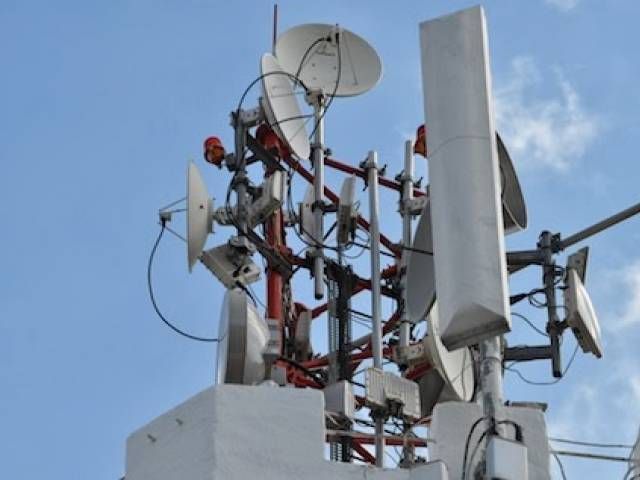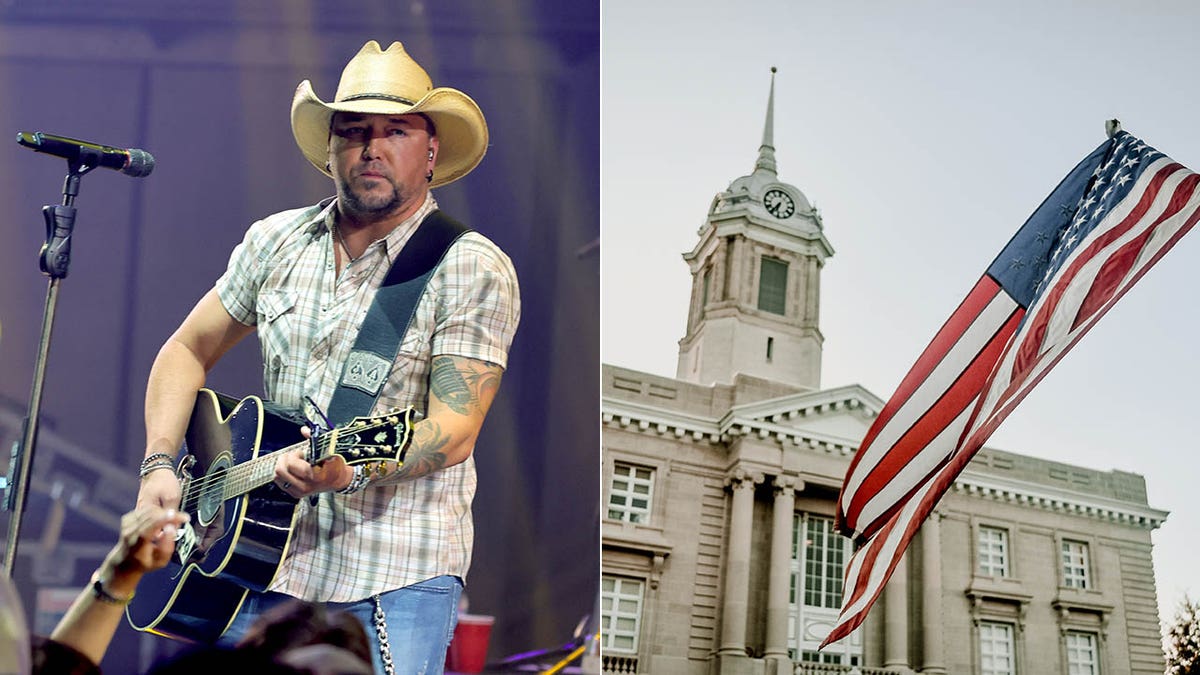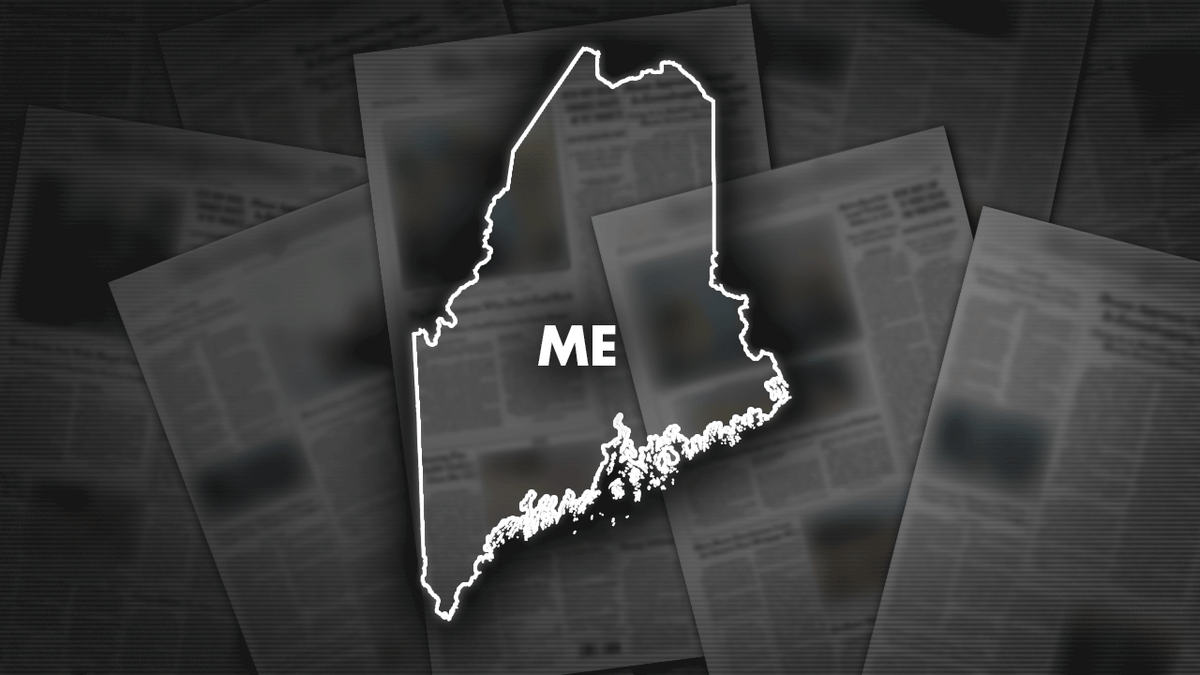In a landmark decision, the Supreme Court unanimously sided with a former Pennsylvania postal worker, Gerald Groff, strengthening religious freedom protections in the workplace. The ruling clarifies the extent to which employers must accommodate employees' religious practices, overturning a 50-year-old precedent.
Groff, a Christian, had challenged the U.S. Postal Service's requirement that he deliver Amazon packages on Sundays, his Sabbath. The case centered on Title VII of the Civil Rights Act of 1964, which mandates religious accommodations unless they pose an "undue hardship" on the employer. The 1977 Trans World Airlines v. Hardison case had established a "de minimis cost" threshold for undue hardship, which Groff's lawyers argued was too low and easily exploited to deny accommodations.
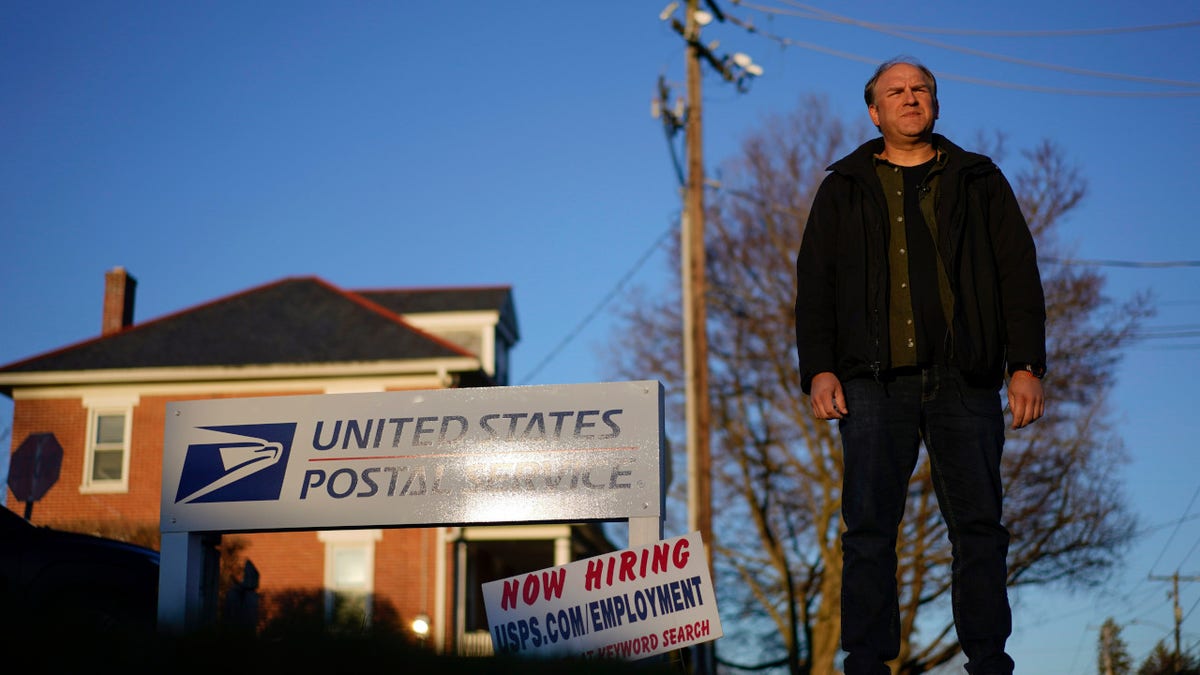
The Supreme Court agreed, rejecting the "de minimis" test and raising the bar for what constitutes "undue hardship." Justice Samuel Alito, writing for the court, acknowledged concerns that the previous standard had hindered religious accommodations, particularly for those of minority faiths. The new standard aligns more closely with the Americans with Disabilities Act (ADA).
The court's decision vacates the Third Circuit Court of Appeals' ruling against Groff and sends the case back for further proceedings. Groff's legal team celebrated the victory as a significant win for religious freedom, asserting that no one should be forced to choose between their faith and their job.
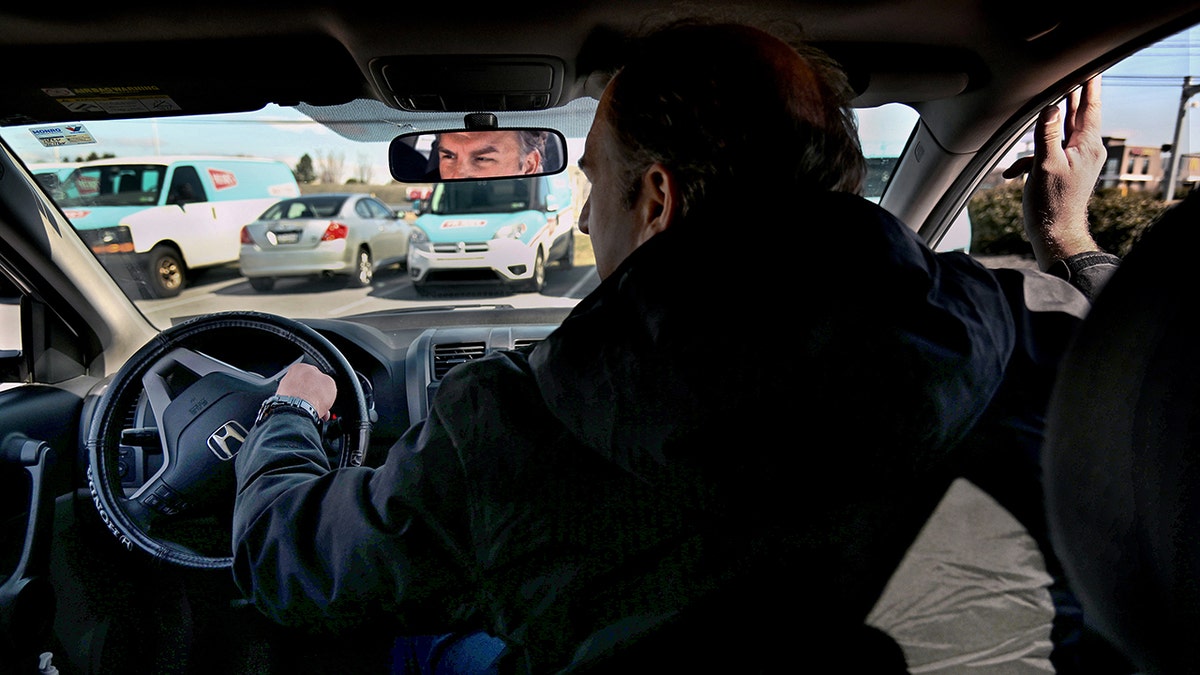
Groff's case stemmed from the Postal Service's contract with Amazon, which necessitated Sunday deliveries. Despite initial attempts to accommodate Groff through transfers and shift swaps, he ultimately resigned in 2019 after accumulating numerous Sunday absences. He subsequently sued the Postal Service with the backing of several legal organizations.
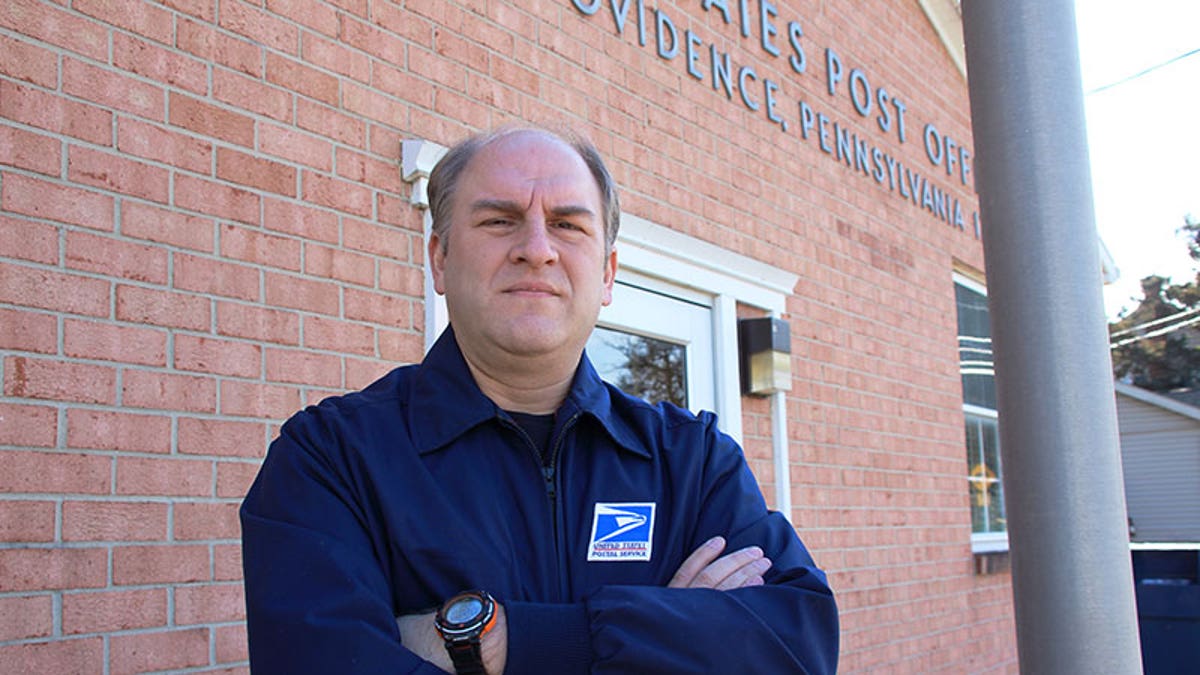
While the Postal Service expressed confidence in its eventual victory, the Supreme Court's decision marks a significant shift in the legal landscape of religious accommodations in the workplace. The ruling has been hailed as a major step toward protecting religious freedom for all Americans.


